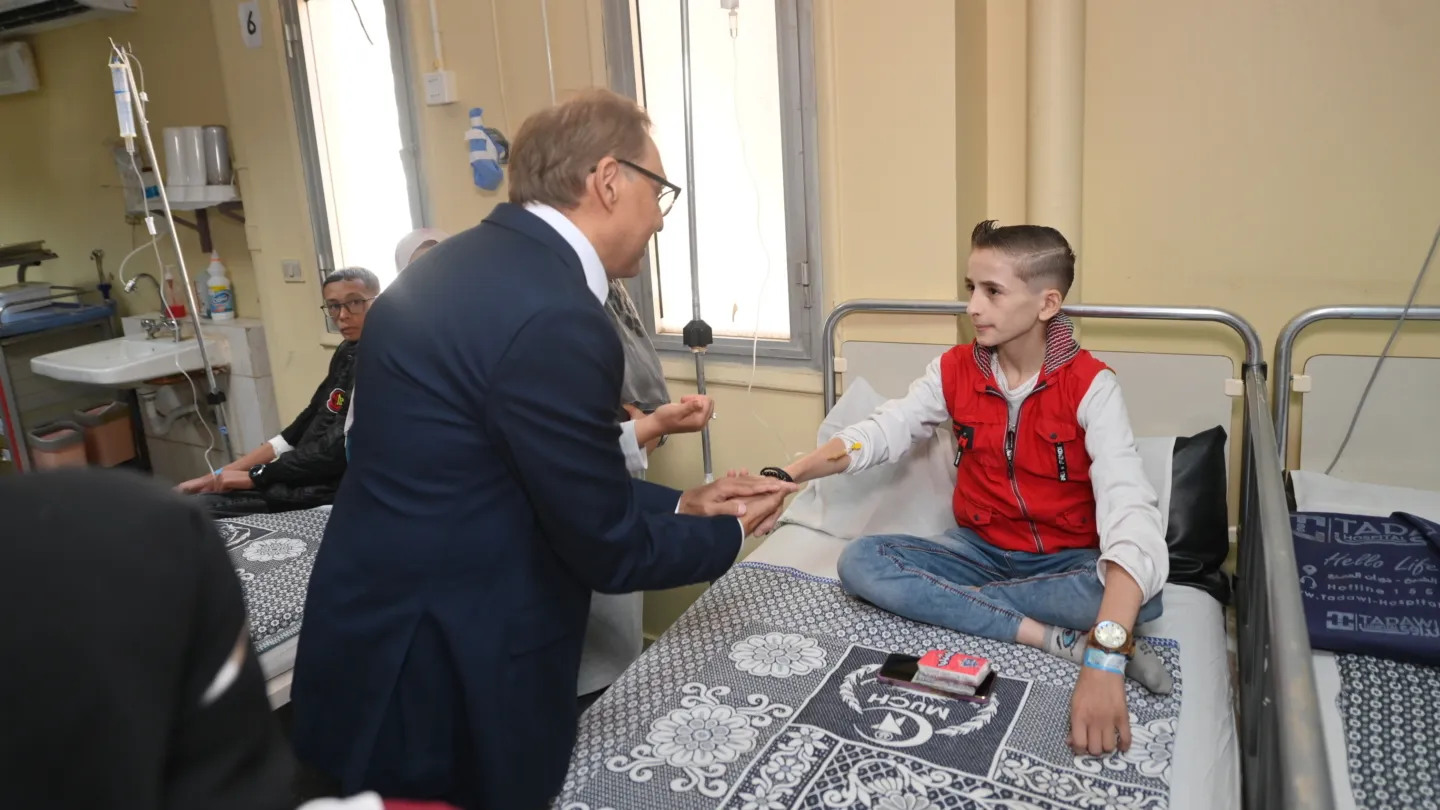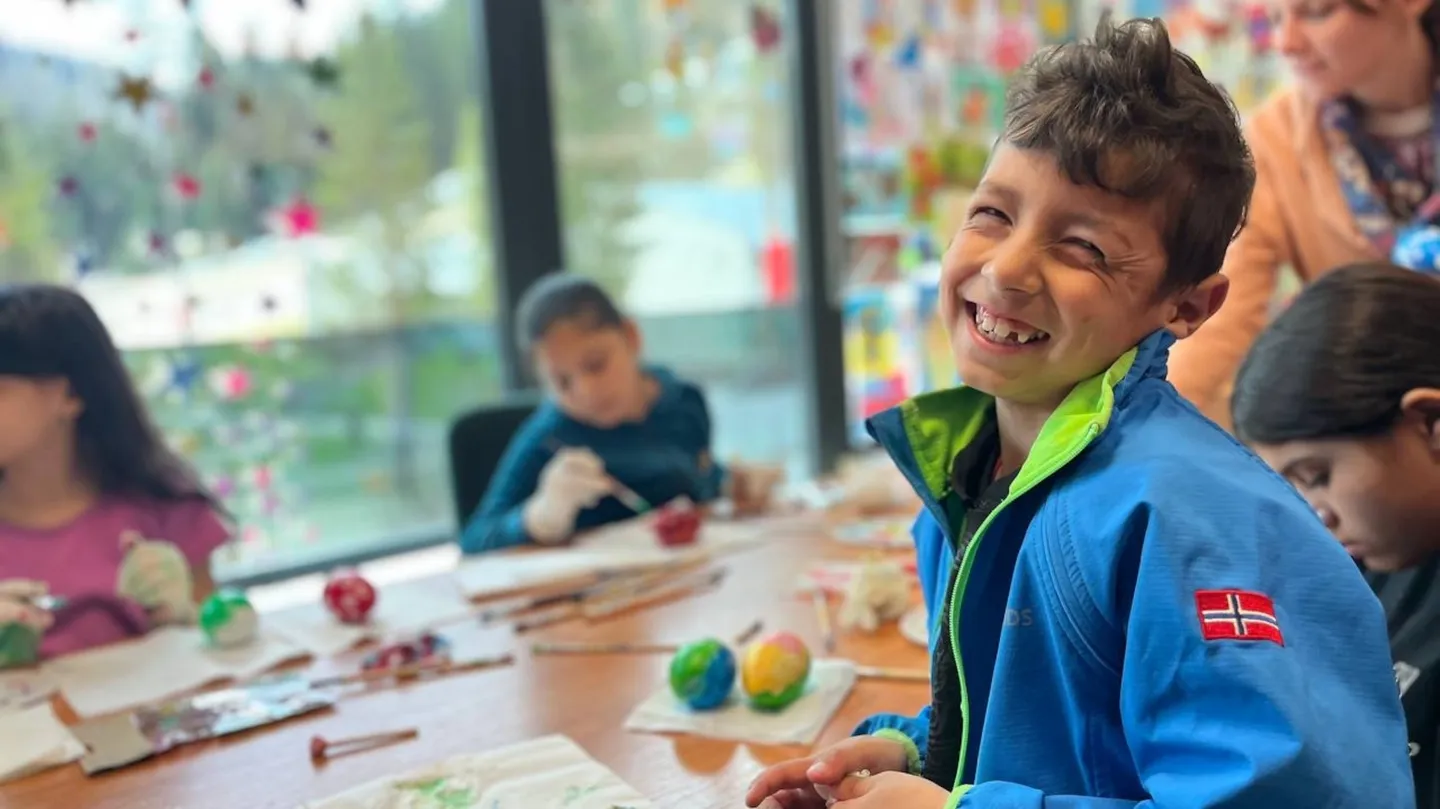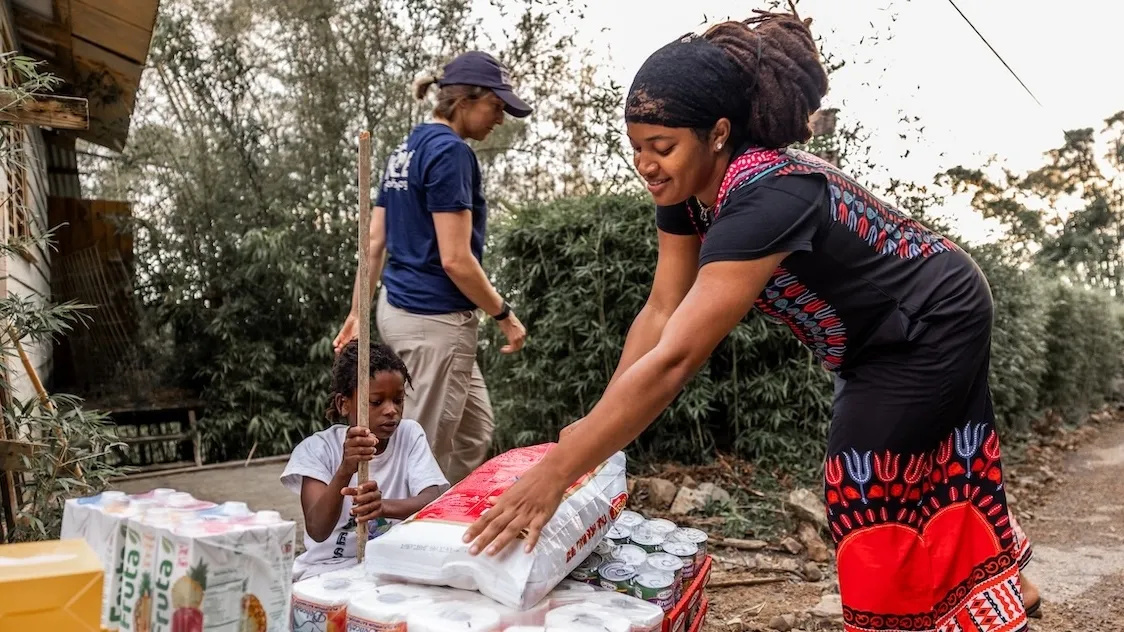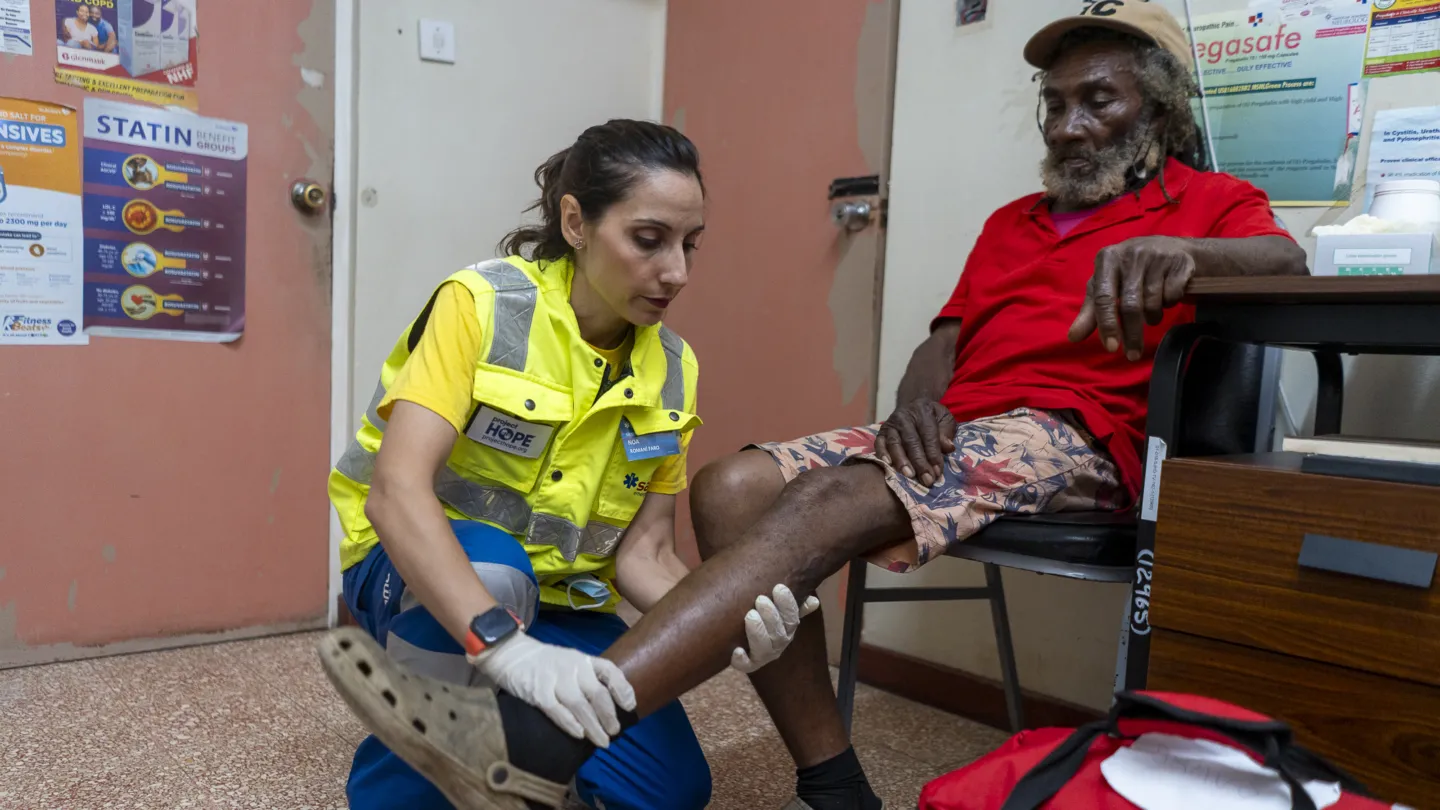Delivering Mental Health Care for Gaucher Disease in Egypt
Since 1999, Project HOPE’s Gaucher Initiative has transformed care for people living with Gaucher disease in Egypt, and will now expand to include mental health and psychosocial support to better meet patients’ holistic needs.

Since 1999, Project HOPE and Sanofi, through their philanthropic organization, Foundation S, have been providing transformational care to people living with Gaucher disease in Egypt through The Gaucher Initiative. Over the past 26 years, this initiative has provided lifesaving therapy free of charge to hundreds of patients, ensuring access to critical treatment through robust human, financial, and material resources, while advancing the understanding and management of Gaucher disease across the country. Now, Project HOPE is proud to expand the program to integrate Mental Health and Psychosocial Support (MHPSS) services to complement existing treatment, while improving patient outcomes and addressing the holistic needs of patients.
Living with a rare disease often results in isolation, stigma, and discrimination, which can prevent individuals from building supportive connections and engaging in work, social, and recreational activities. While The Gaucher Initiative has significantly improved the physical health of Gaucher patients, many continue to face substantial psychosocial challenges, including difficulty coping with diagnosis, mood changes, anxiety, and depression – all of which can negatively affect both emotional and long-term physical health.
To start, Project HOPE is conducting an in-depth needs assessment to understand the mental health psychosocial challenges facing patients and their families. This involves psychological evaluations, service mapping, and qualitative individual interviews with patients, caregivers, and health workers.
“Over the past few interviews I have conducted with patients, I observed clear signs of hopelessness and feelings of despair, especially among young adult patients. One patient with Type 1 Gaucher told me that there was no point in talking about his feelings, as nothing would ever change. He added that he is used to covering up his feelings, so he doesn’t disturb or inconvenience anyone, especially his family, which leaves him with a great amount of loneliness,” said Dr. Lamiaa Esam from Cairo University’s Abu El Reesh Clinic. “A 20-year-old girl with Type 3 Gaucher spoke about her inability to visualize any future or even near-future plans for her life. Her mother informed me that her daughter deals with anxiety by picking at the skin on her ears, indicating trichotillomania, which is a serious psychological disorder.”
Once the assessment findings have been synthesized, Project HOPE will conduct participatory workshops with these same individuals to identify priorities, refine activities, and ensure the program aligns with cultural, social, and practical considerations. This inclusive process acknowledges patients as experts in their own experiences and ensures the program is patient centered, adaptive, and tailored to their unique needs. Prior to implementation, Project HOPE will recruit and train facilitators in MHPSS and launch targeted interventions that could include psychoeducation sessions, group support, and stress management workshops.
By integrating MHPSS into the Gaucher Initiative, Project HOPE and Sanofi seek to foster resilience, improve emotional well-being, and enhance the overall quality of life for patients and their families. As Project HOPE and Sanofi look ahead, they remain dedicated to improving the lives of rare disease patients in Egypt and beyond.
###
Access photos here. For media inquiries and interview requests, contact media@projecthope.org.



